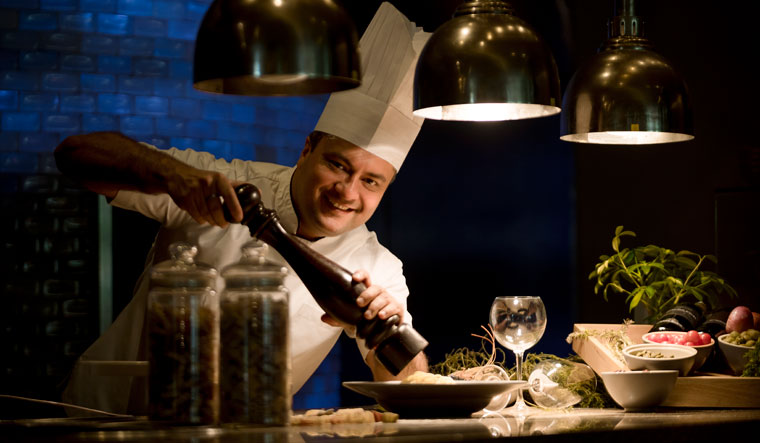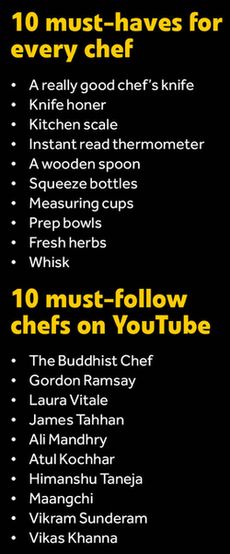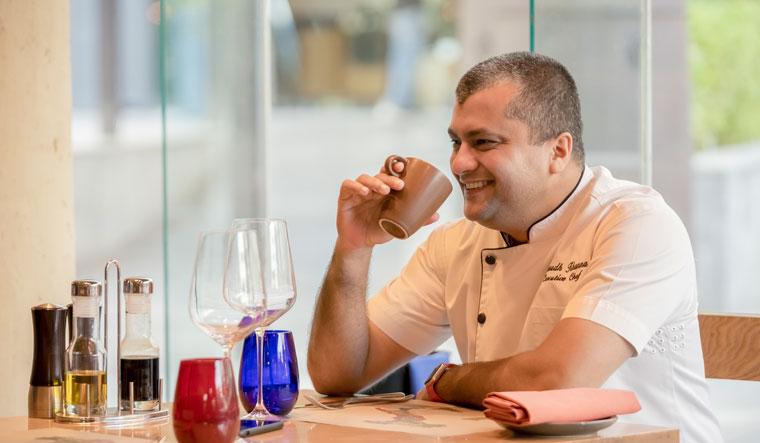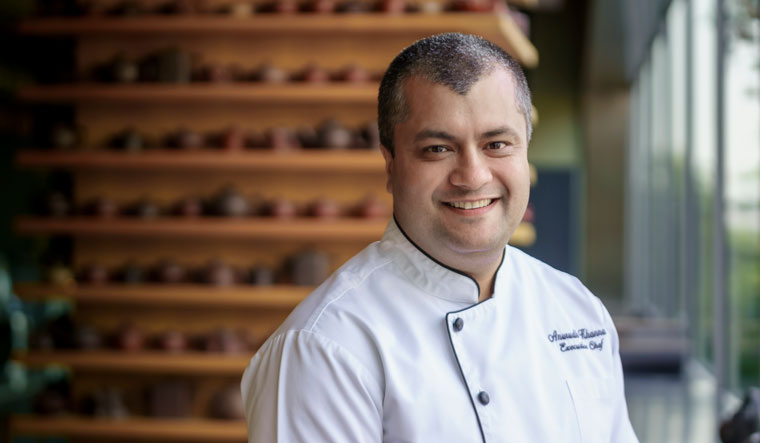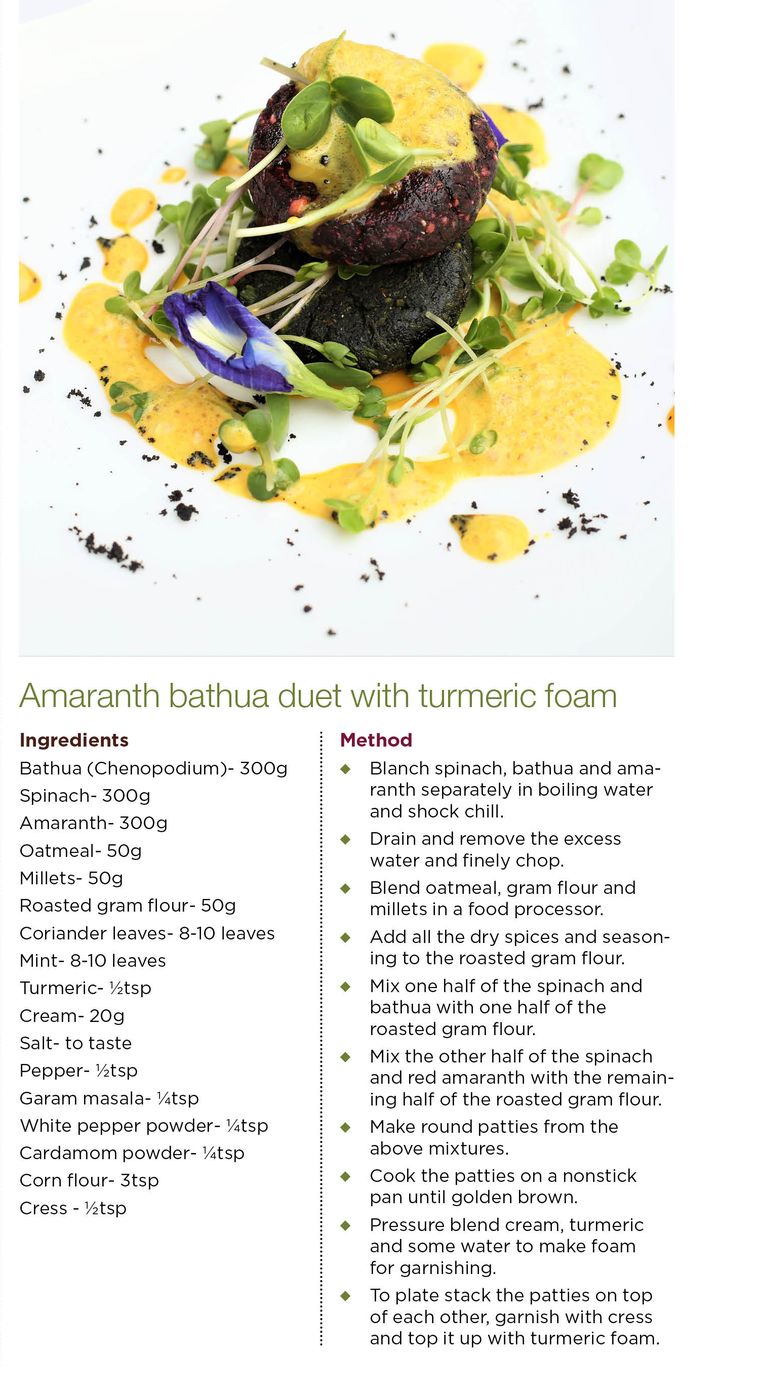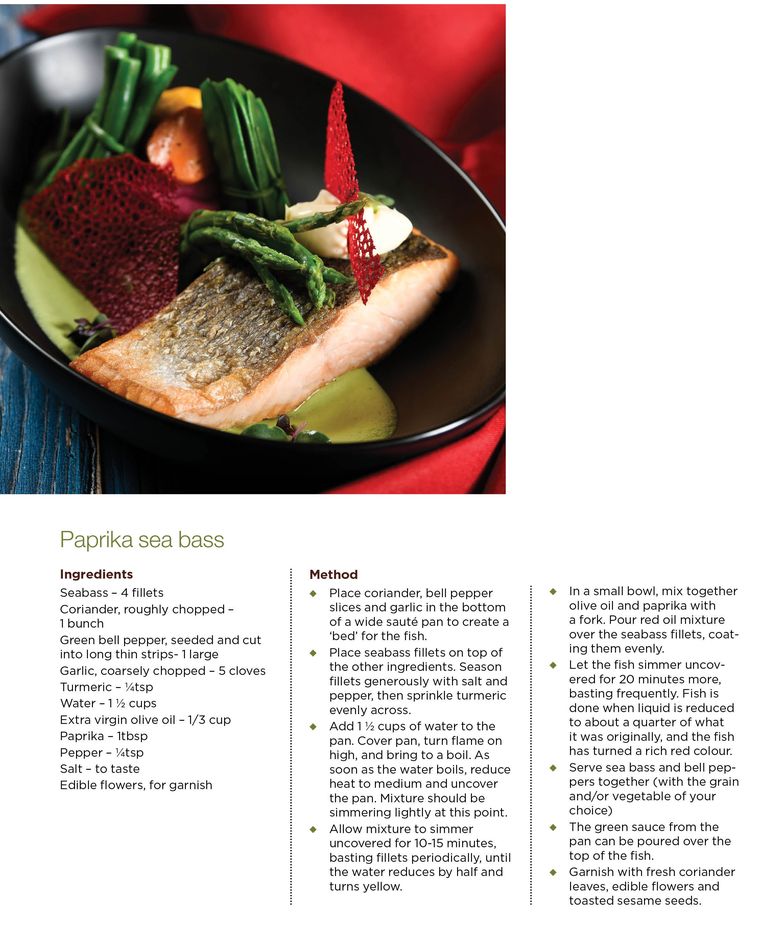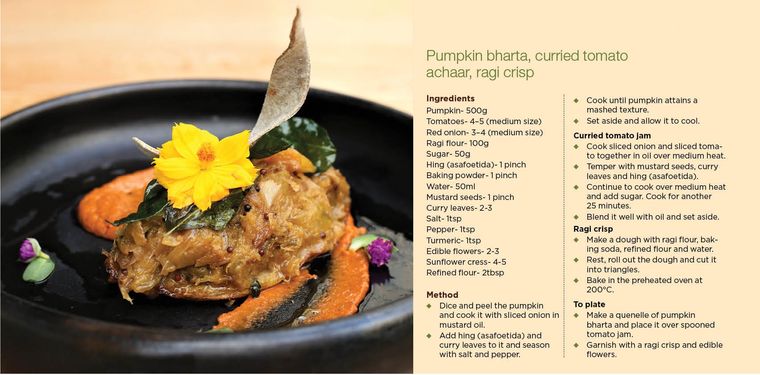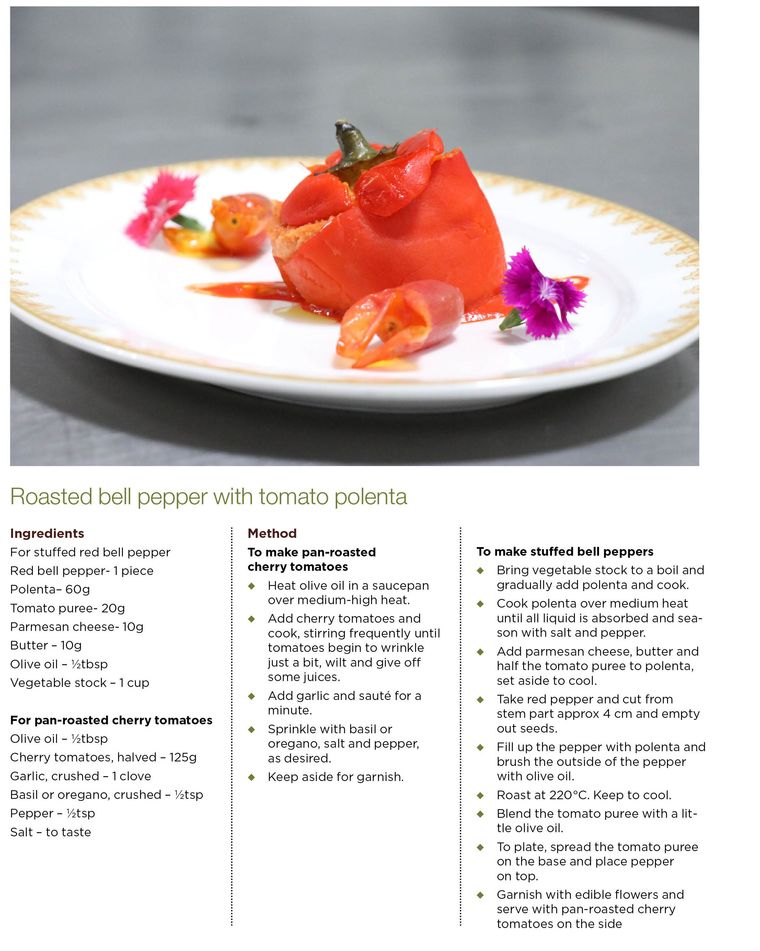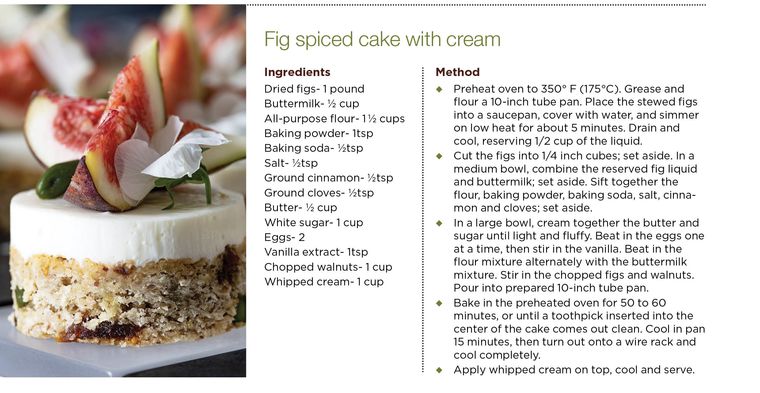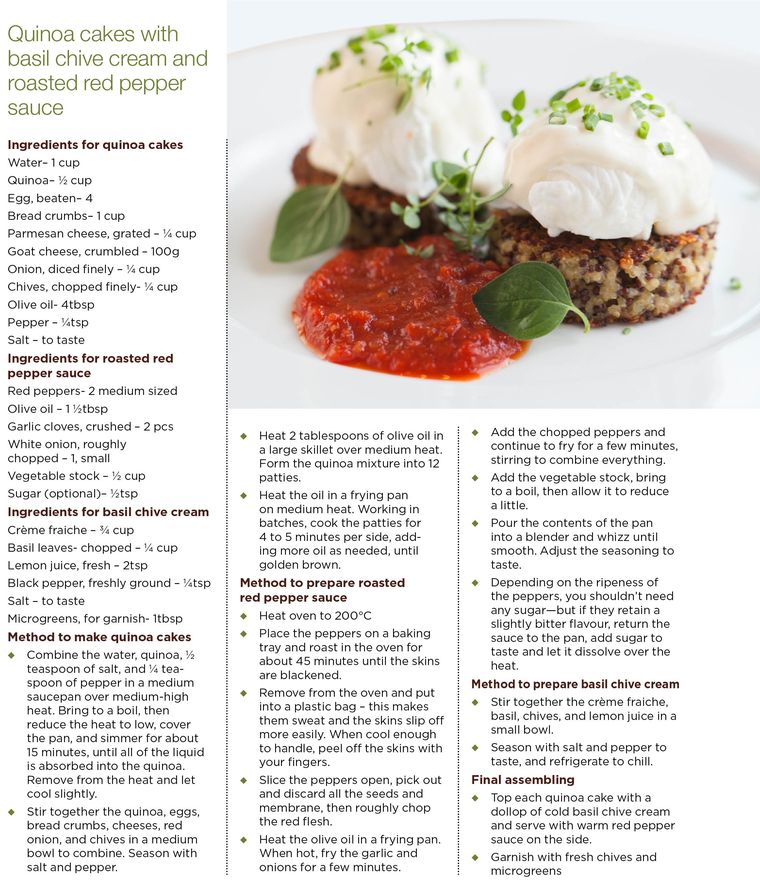Getting into the culinary world was never a childhood dream for chef Anurudh Khanna. He wanted to become a doctor. But they say, life takes its own turns and sends you on new adventures. And for Anurudh, the adventure was one that is synonymous with food and its making. “I joined a hotel management course and for two years I had no clue what I would do post my studies. However, during my six months of mandatory internship I spent a lot of time in the kitchen and loved all the action and creativity that it offered. That was when I decided to become a professional chef,” he says.
With over 21 years of culinary experience, Anurudh is now appointed as multi-property executive chef at The Westin Gurugram, New Delhi and The Westin Sohna Resort and Spa. Little did the veteran chef know when he decided to become a professional chef that he was in it for the long haul. However, the journey was not a piece of cake.
He was 21 when he started his career in the Italian kitchen of La Piazza restaurant at the Hotel Hyatt Regency in New Delhi. “I started out at the lowest position which was the commis chef. I acquired hands-on cooking from a couple of Italian chefs as well as my then chef de cuisine,” he says. The first dish that he made as a professional chef is a lasagne, he recalls. “I made everything from scratch.” The past sheet dough to the assembling—it was the first of many delicious dishes that he prepared. Though there were several happy cooking days, Anurudh also distinctly remembers days filled with pain and pressure. “I was a hot-range chef during my initial years. One of my duties was to reach earlier than the rest of my team and drain the water off the grill. It had become daily routine for me. One day, the grill was already lit by someone and as I lifted the grill as usual, I got both my hands burnt,” he says. To make things worse, he was not permitted to go home as the team was short on staff that day. “I was crying in the kitchen but I worked the whole shift with my burnt hands. Not only did I have physical pain but there was also mental agony.”
According to Anurudh, budding chefs must remain committed and disciplined towards their profession. They must be willing to learn the hard way since nothing comes easy. “It takes a lot of blood and sweat to become a successful chef, which is why it is important to hang in there and give your best every time. It is important to not run after designations and positions; focus only on skills and attitude. Most of all, don’t go for shortcuts,” he says. And this is exactly what got Anurudh climbing up the success ladder. From a commis chef, he worked his way up as a banquet chef of the prestigious Banquets of The Taj Mahal hotel in New Delhi and a chef in charge for the busiest all-day dining restaurant Machan. “I delved into contemporary cuisine when I opened the Restaurant Varq—a new age fine-dining Indian restaurant—which taught me a lot about upmarket plate presentations. After that, I was the executive sous chef of the Taj Mahal Hotel New Delhi for two years and post that I have been an executive chef for the past 11 years,” he says. Apart from luxury brands like Hyatt and Taj, he has worked for renowned hotels like The Shangri-La, Bengaluru, The Park New Delhi and The Westin Pune. He was also the prestigious winner of the “Innovative Chef of the year 2018 award’, organised by the BBC Good Food and Fabelle Chocolates for the South Region. Not only does he have a vast knowledge of the evolving hospitality industry but also the ever-changing food trends. “I have worked with six Japanese chefs, 11 Italian chefs and five Chinese chefs when it comes to international cuisine. Although I call Italian cuisine my forte, I know more than just a thing or two about the other cuisines,” he says. Before the lockdown he had started a Japanese restaurant at The Westin, Gurugram, which serves the authentic six-to-eight-course omakase—a Japanese meal consisting of dishes selected by the chef. Though the lockdown forced shutters, Anurudh is positive about a re-launch with a shorter menu.
Although he leans a lot towards international flavours, Anurudh feels that Indian cuisine is one of the most versatile cuisines across the globe. “I cherish Indian cuisine for its vastness and depth of flavours, particularly the spices that come from different parts of the country and reflect the diverse culture of India. I believe Indian food should be taken across the world in its purest form, without any modifications. While some amount of fusion and inspirational twists are fine, one must retain the authenticity of the cuisine when it comes to spices and flavours,” he says.
The 42-year-old is also very keen on sustainable cooking. “Sustainable functioning is something that I focus on right now. I would say it is one of my primary visions. When it comes to cooking, ingredients are the key elements of my food philosophy; I always try to use fresh, seasonal and local produce. I believe in minimalistic cooking and making the ingredient speak for itself,” he says. According to him, it is not challenging to create a new recipe. However, he believes in making something that he can make tomorrow as well. “I don’t want to make something today and say it is not available the next day because the ingredients are not available,” he says. “For me, a dish is about balance and colours. I love colours; my plates are usually a combination of different colours and textures.” Through his passion for food, Anurudh has developed exceptional culinary skills and managed to impress gastronomy enthusiasts from all walks of life. “I believe that more than skills, it is the love for cooking and patience that and important for preparing tasty food,” he says.
The professional chef is not only the master of cooking but also an aficionado in the area of operations. “Being an executive chef is not just about making food; there are different areas in this subset like costing, training the team, creating taste panels and calibrating flavours. There is a lot of hard work that goes into the kitchen,” he says.
Another important aspect of the food business that he stresses on is transportation of food. “About 15 years ago, I was in-charge of sit-down outdoor catering for 300 people. When I tasted the main course at the venue, I felt that the mashed potatoes had a pungent odour. The first course was already being served to guests and I was firm that we will not serve the mashed potatoes to them. So, my team rushed back and got new potatoes to make an Indian-style-hash-potato and served the guests,” he recalls. “One lesson that I learnt that day is that packaging and transportation of food is as important as its preparation. This is something that most people tend to overlook.”
With a lot of lessons in his experience kitty, Anurudh is constantly developing new strategies for smooth functioning of the kitchen. But when he is on a break, he relishes his go-to dish Spaghetti aglio e olio. “It is not complicated. Just some garlic, chilly flakes, olive oil and spaghetti—a plate of delicious Italian food,” he says. Probably, this is what he meant when he said minimalistic cooking.
Cooking hacks
• Try one-pot meals—simple and effective
• Always put your liquids in your blender first—water, juice, broths—and then load your more solid ingredients — vegetables, leafy greens, fruits. This takes stress off your blender motor, and as the blade spins your ingredients are more easily pulled down into the blender vessel and your blends are more consistent, smooth, and creamy.
• Finish your dishes with a little drizzle of high-quality extra-virgin olive oil; it will make for a silky finish.
• If you find you need more oil in the pan when sautéing, try substituting vegetable stock. It will help cut down on the calories but give your pan the moisture it needs.
• When cooking in a pan, don’t overcrowd. This will create steam instead of direct heat.
• Use an apple slicer as a fast and simple way to cut potatoes for baked French fries.
• Keep brown sugar from hardening by adding marshmallows to the container
• Use kitchen tongs to easily squeeze all of the juice from a lemon
• Soften cookies by sealing a piece of bread inside of the cookie container. I use this one all of the time! As the bread hardens, replace it with a new piece
• Add leftover wine to ice cube moulds or a muffin tin and freeze to use for cooking later.
Lessons learnt during lockdown
Choosing ingredients carefully and frugally is one of the important lessons when it comes to healthy eating, sustainability and good practices. We learnt to do much more with ingredients because the grocery run was precious and it was exciting to involve children also when we try to stretch the use of one ingredient, because it is like a science experiment with dehydration and fermenting to create different things. We tried loads of recipes for instance with the pineapple; apart from jams and juices, we made salads, we made chips with the core, fermented the skin and made a drink. So, what we have learnt theoretically about creating zero waste was being put into practice.
It was a fun challenge cooking home style food with limited ingredients. I am used to having an open pantry full of ingredients; I had to rein myself in and think like a home cook. I loved sharing with people how versatile cooking is; you don’t have to always use everything the recipe says. You can adapt recipes to what is in your fridge.
A message to all cooks stuck at home
There is a reason why they say the kitchen is the heart of the home. As chefs, we cook to please people, to nourish people. The sensations associated with eating together and eating great food cannot be expressed in any way. There is an inexpressible feeling associated with being able to cook great food and finding satisfaction and fulfilment in serving delicious food to others. I have been a cook all my life, but I am still learning to be a good chef. I am always learning new techniques and improving beyond my own knowledge because there is always something new to learn and new horizons to discover. Once you decide on your occupation... you must immerse yourself in your work. You have to fall in love with your work and never complain about your job. You must dedicate your life to mastering your skill. That is the mantra of success.


